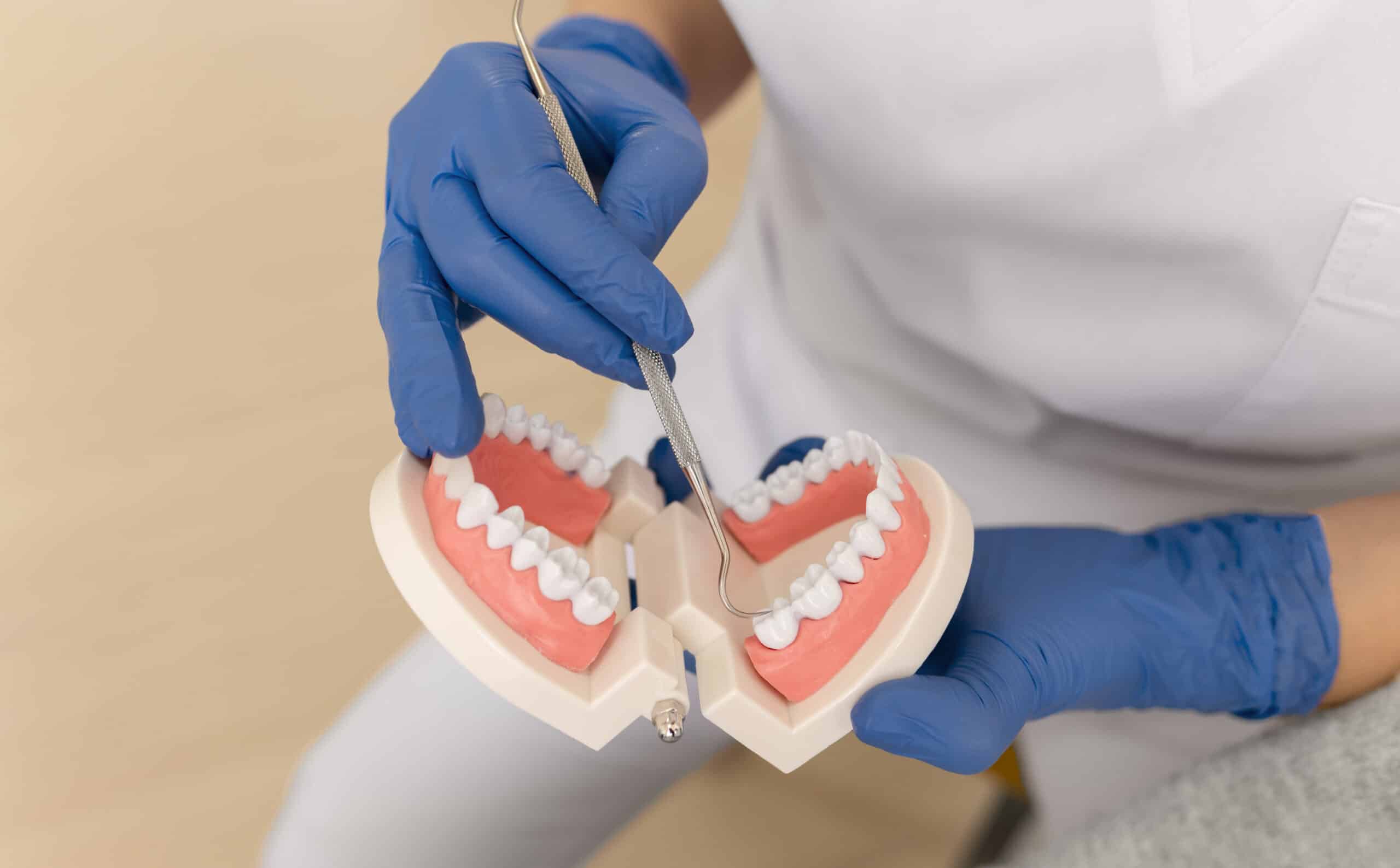Dentures are removable appliances designed to replace missing teeth and restore the natural appearance of a smile. They can be complete, meaning they replace all teeth in the upper or lower jaw, or partial, filling in gaps left by missing teeth. Modern dentures are crafted to fit comfortably and look very realistic, using materials that mimic the natural color and translucence of gum tissue and teeth.
The Benefits of Dental Implants
Dental implants are a popular choice for many seeking a more permanent solution to tooth loss. Unlike dentures, which are removable, implants are surgically placed into the jawbone, providing a stable and secure foundation for replacement teeth. One of the primary advantages of implants is that they help preserve jawbone density, preventing the bone loss that often accompanies missing teeth.
Moreover, dental implants offer aesthetic benefits that closely resemble natural teeth. With proper care, they can last a lifetime, making them a long-term investment in dental health. Patients often report increased confidence in their smile and improved eating and speaking abilities compared to traditional dentures, making dental implants an appealing option for many individuals.
Care and Maintenance of Dentures
Proper care and maintenance of dentures are essential to ensure their longevity and comfort. This includes daily cleaning with a soft brush specifically designed for dentures and avoiding harsh toothpaste that can damage the material. Soaking dentures overnight in a cleaning solution helps keep them free from stains and removes any bacteria that may accumulate.
Additionally, it is important for denture wearers to visit their dentist regularly for check-ups. Over time, gums can change shape due to bone loss, which may require adjustments to achieve a proper fit. Regular dental visits also allow for early identification of any potential issues, ensuring that users maintain optimal oral health while using dentures.
Comparing the Costs: Dentures vs. Implants
When choosing between dentures and dental implants, cost is often a significant factor. Dentures typically have a lower initial cost, making them more accessible for many patients. However, this advantage may come with trade-offs, such as the potential need for replacements or adjustments over time, which can add to the overall cost of ownership.
Conversely, while dental implants involve a higher upfront expense due to the surgical procedure and materials used, they can be a more economical choice in the long run. Given their durability and longevity, many patients find that implants save money by reducing the need for future dental work. Ultimately, individuals should consider their financial situation along with their dental needs when making this decision.


